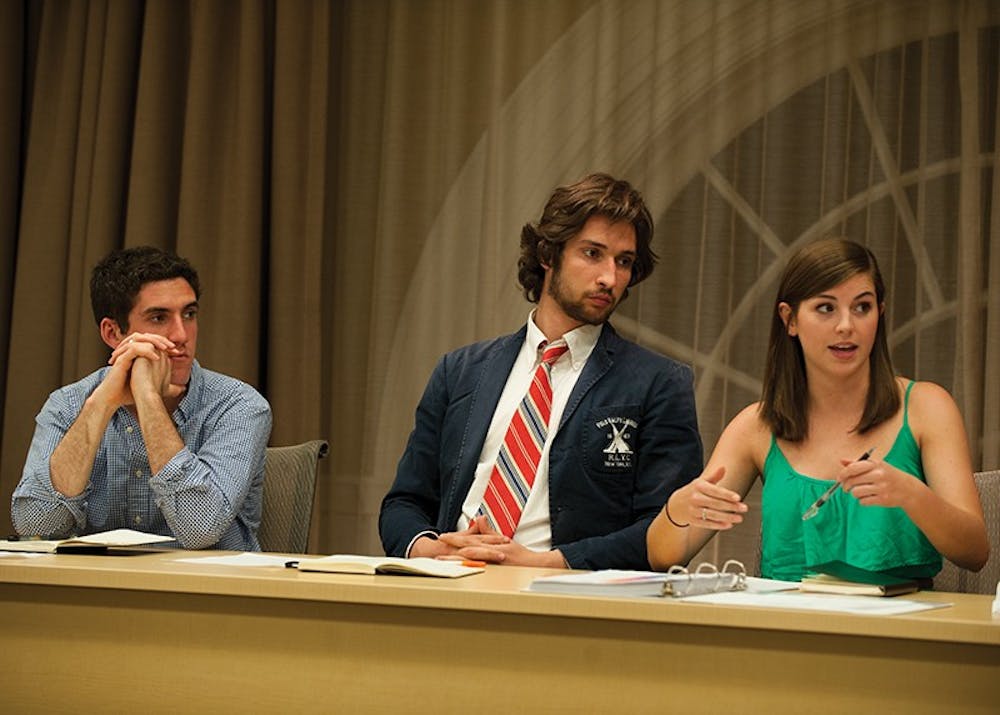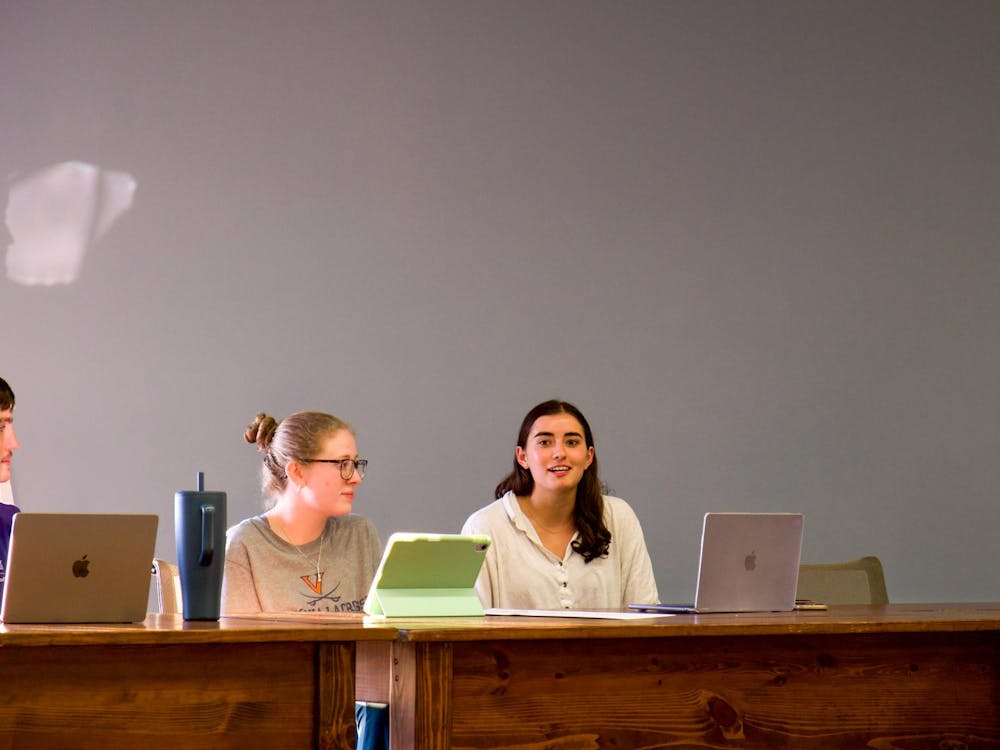The Honor Committee will vote next week to create permanent bylaws governing the administration of informed retraction, which was made a part of the Honor Committee’s constitution in a referendum approved by the student body in February. The Committee continued discussion of the bylaws at its meeting Sunday night.
The previous Honor Committee passed temporary bylaws, which are set to expire in May, to govern informed retraction. Those bylaws came mostly from the text of the Restore the Ideal Act, the previous Honor Committee’s reform proposal that failed to pass in last February’s vote.
Informed retraction allows students to admit to lying, cheating or stealing and then take two semesters off from the University as punishment. Reported students will be given a transcript of a primary witness interview and all available relevant documents to their case before having to make a decision on informed retraction, said Honor Committee Chair Evan Behrle, a third-year College student.
The Committee spent the majority of its time discussing a provision of the temporary bylaws that allow students reported for multiple lying, cheating or stealing offenses to file only one joint informed retraction, given the offenses are either part of the same “nexus of events” or “inextricably linked.”
The nexus of events language could include scenarios like a student taking six-hours to complete a five-hour exam and then checking a box saying they had only taken five hours, or a student cheating on an exam and then later lying to professor by claiming that he or she did not cheat.
The first scenario was generally accepted as something to include in the language of the new bylaws, but there was debate about what to do with a student who cheats and then later lies about it. Behrle said there was a difference between a student who lies about cheating “in the heat of the moment” rather than a student who lies about cheating intentionally several days later.
“There’s a fundamental level of understanding for a student who sort of backs themselves into a corner by cheating and then lying,” Behrle said.
Vice Chair for Trials Conor O’Boyle said the proposed bylaws created flexibility by permitting the Vice-Chairs for Trials and Investigations to have discretion in what falls under a “nexus of events.”
“Honor can produce some really, really strange situations,” O’Boyle said. “If you put all of mine and Evan’s and [Vice-Chair for Investigations Andi Chernau’s] knowledge together…we have come nowhere close to seeing it all.”
The Committee also discussed a scenario dealing with “inextricably linked” events, which hypothetically involved a student whose act of cheating, say on a final, caused a professor to look into previous cheating, say on a midterm. Since the “the chain of discovery is linked” for the two events, Behrle said the events would be inextricably linked but may not fall under the same nexus of events.
O’Boyle said the new Committee was decidedly against allowing students to file one informed retraction for both inextricably linked offenses, though the language of the temporary bylaws would seem to allow this.
“We wanted to see the Committee’s vision for that midterm-final scenario… and that was important because last Committee felt differently from this Committee,” O’Boyle said.
Several members of the Committee recommended taking the inextricably linked language out of the proposed bylaws.
Behrle said further changes to the bylaws may occur in consultation with other Committee members between now and the Committee’s vote next week.







